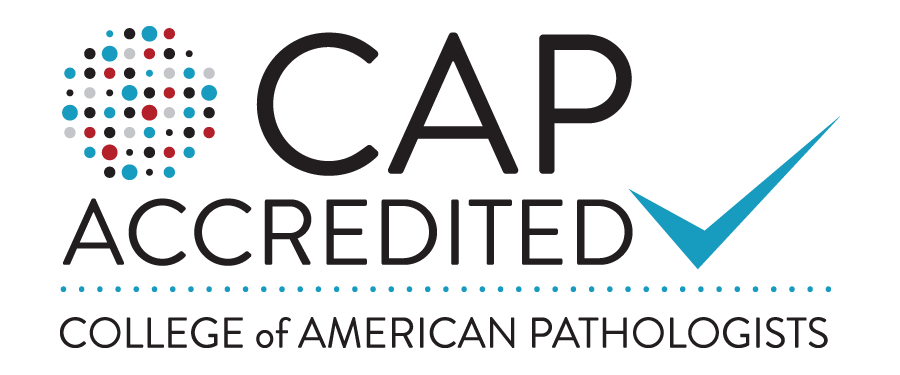- “Test-of-cure” follow-up testing is not recommended for Chlamydia infections unless symptoms persist.
- Because re-infection is common, the CDC recommends that men and women diagnosed with Chlamydia be retested three months after treatment.
Repeat infection with chlamydia is common. Women whose sex partners have not been appropriately treated are at high risk for re-infection. Having multiple chlamydial infections increases a woman’s risk of serious reproductive health complications, including pelvic inflammatory disease and ectopic pregnancy. Women and men with chlamydia should be retested about three months after treatment of an initial infection, regardless of whether they believe that their sex partners were successfully treated. If a person’s symptoms continue for more than a few days after receiving treatment, he or she should return to a healthcare provider to be reevaluated.
Chlamydia can be easily cured with antibiotics. HIV-positive persons with chlamydia should receive the same treatment as those who are HIV-negative. Persons with chlamydia should abstain from sexual activity for 7 days after single dose antibiotics or until completion of a 7-day course of antibiotics, to prevent spreading the infection to partners. Although medication will stop the infection, it will not repair any permanent damage done by the disease.



